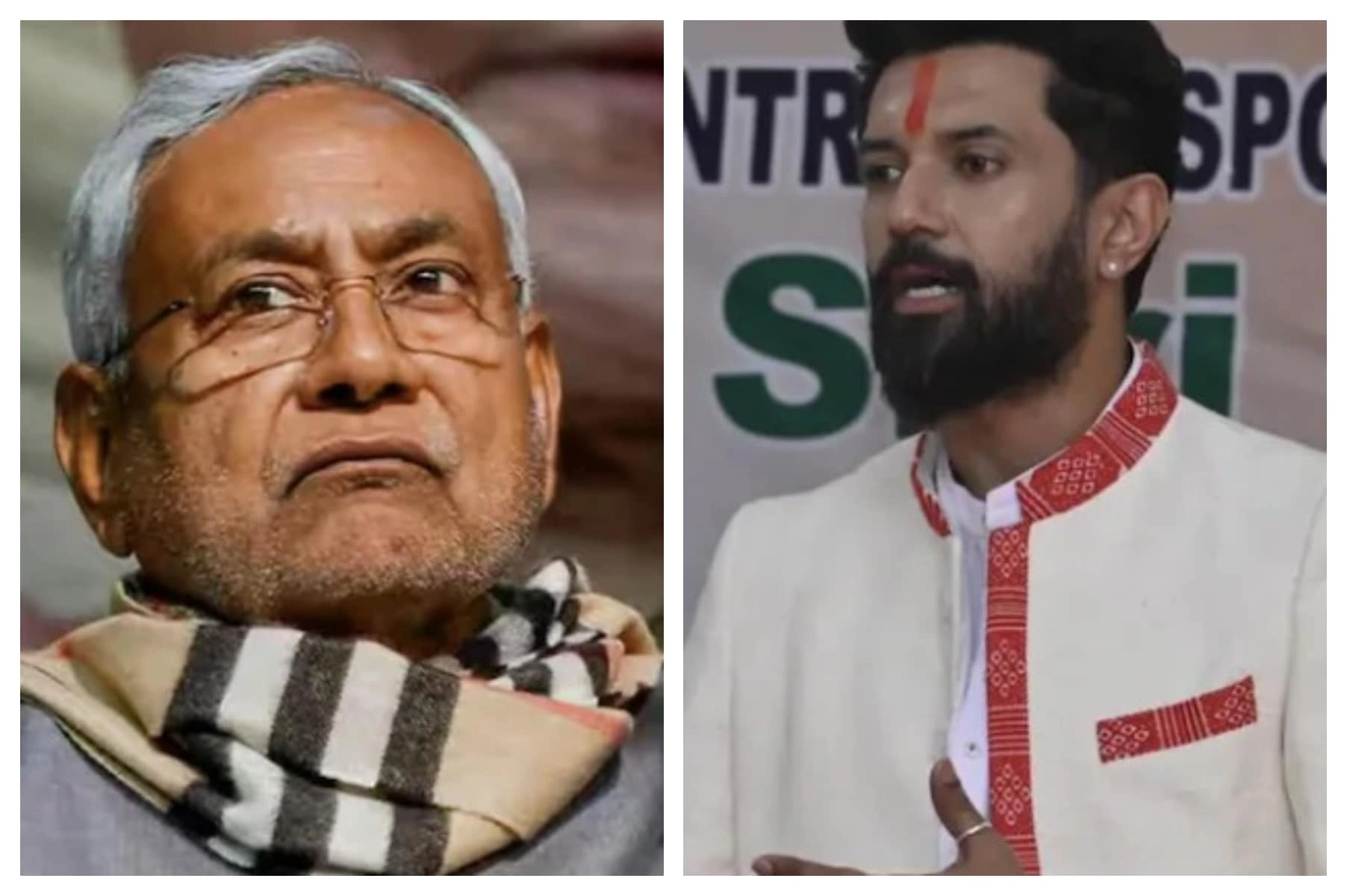In a dramatic turn of events within the Dutch political landscape, the leader of the far-right party has issued a stark ultimatum regarding the government’s migration plan. This threat to withdraw from the ruling coalition underscores the intense pressure and divisions within the government as it grapples with rising concerns over immigration and integration. The far-right party’s leader has been vocal about his dissatisfaction with the current approach to migration, arguing that the proposed measures do not go far enough to address what he perceives as a crisis. His insistence on stricter policies reflects a broader trend in European politics, where immigration has become a contentious issue, often polarizing public opinion and political alliances.
The ruling coalition, which comprises multiple parties with varying ideologies, finds itself at a crossroads. Balancing the demands of the far-right party with the more liberal factions poses a significant challenge. The coalition’s survival hinges on its ability to negotiate a migration plan that satisfies all members, particularly in light of the upcoming elections and the increasing influence of populist sentiments across the continent. The far-right leader’s threat to exit the coalition if his demands are not met could lead to significant political ramifications, including a potential reshuffle of power dynamics within the government.
As the situation unfolds, it becomes clear that the stakes are high. The far-right party’s departure could destabilize the coalition, leading to a minority government or even triggering new elections. This scenario would not only impact the Dutch political landscape but could also have ripple effects throughout Europe, where similar far-right movements are gaining traction. The migration issue remains a flashpoint for many nations, and how the Dutch government navigates this crisis could serve as a case study for other countries facing similar challenges. In the coming weeks, all eyes will be on the coalition as it attempts to forge a consensus that can maintain stability while addressing the pressing concerns related to migration.




